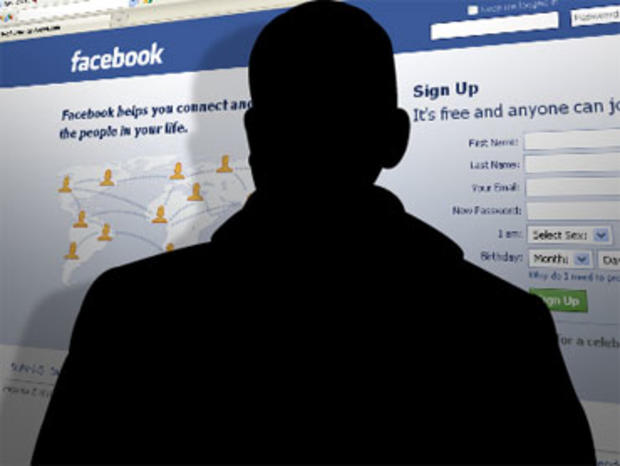Alleged Terrorists Used Social Network Sites
When the name of the suspected Times Square bomber, Faisal Shahzad was revealed, one of the first things reporters did to find more information and a picture was go to Facebook. Sure enough, Faisal Shahzad had an account.
Nigerian terror suspect Umar Farouq Abdulmutallab, who is charged with trying to blow up a U.S.-bound flight last December after training with al Qaeda in Yemen, also had a Facebook account.
There is little information about the role social network websites might play in the radicalization and recruitment of terrorists, but the FBI is seeing an increase in the use of such websites by radical groups.
"Social networking sites certainly can and do provide a means to bring like minded individuals together, whether it is if for radicalization, recruitment or other terrorism objectives," says UC Tom Osborne, unit chief of the Counterterrorism Internet Targeting Unit (CITU) at the FBI.
Kamran Bokhari, regional director Middle East and South Asia for the global intelligence company STRATFOR, notes that al Qaeda may assign an operative to expand its recruitment efforts on websites like Facebook. He points out however that the individual would have to be detached from the rest of the organization for security purposes.
In late 2008, a posting on a jihadist web forum urged members to use Facebook to spread jihadist ideas. ""We have already had great success in raiding YouTube and the next target is to invade Facebook," wrote the user according the UK's Telegraph newspaper.
And although Facebook has "a strict policy against content that promotes recognized terrorist organizations," as one spokesperson explained, you can still find pages, especially in Arabic, that support terrorists and which have escaped Facebook's reviewers.
Examples include a 1272-member group entitled "Jihad in the way of God," which has a posting in Arabic about bin Laden's arrival in Afghanistan . "'Our aim is to destroy Mr. Idol (a reference to the U.S. ),'" bin Laden is quoted as saying. "The Amir (of the Taliban) answered: 'Allahu Akbar (God is great)...destroying idols is our hobby.'"
"The Internet is the virtual base that al Qaeda must use since many of their physical bases do not exist anymore," says Osborne, adding that it provides "a sense of security and anonymity" and is ideal for finding like-minded individuals "from the relative security of your home computer."
And with over 400 million users worldwide, keeping an eye on questionable content is no easy task. Facebook encourages its users to report content that violates the website's policies. Osborne points out that the huge number of users causes "a certain level of detection avoidance."
The Facebook spokesperson explains that the website tries to strike "a very delicate balance between giving people the freedom to express their opinions and viewpoints and maintaining a safe and trusted environment."
